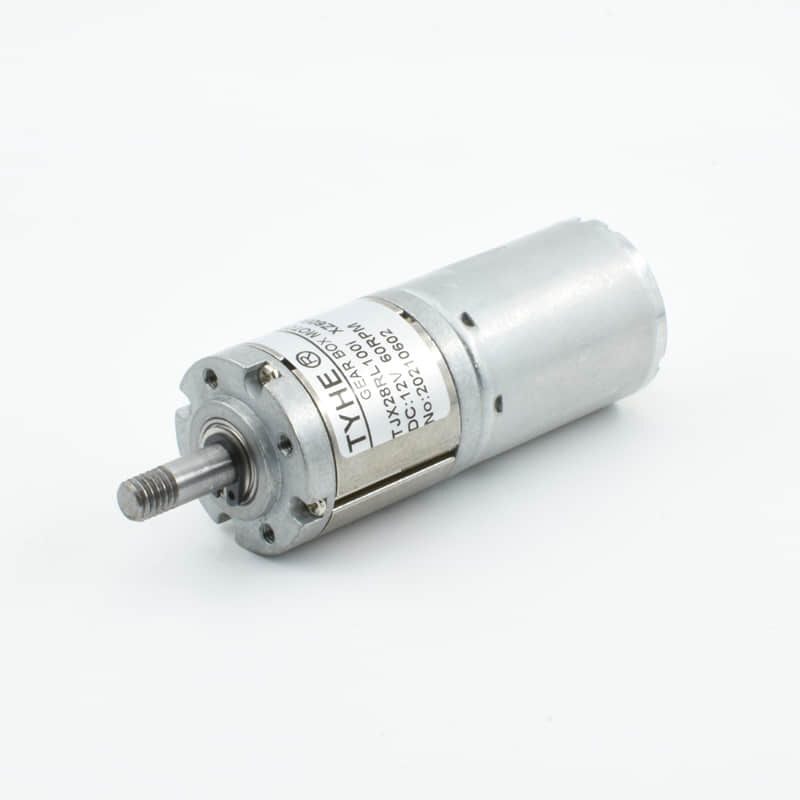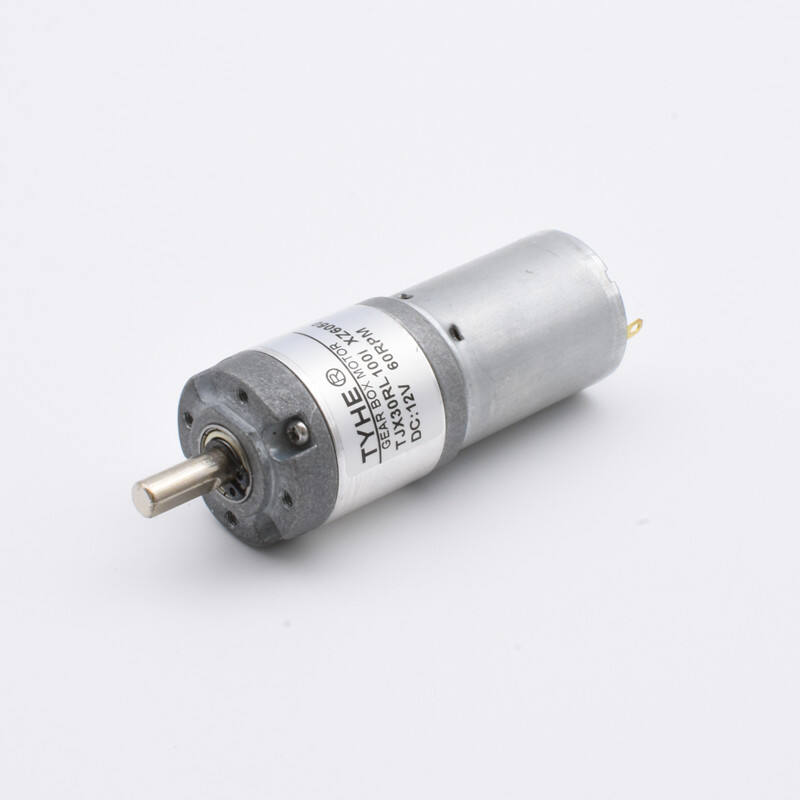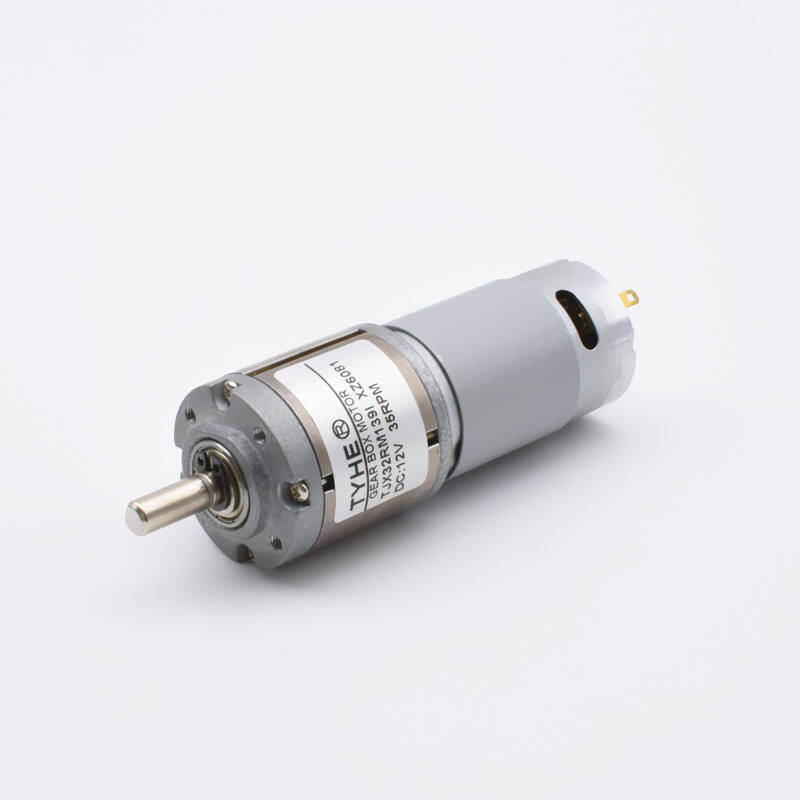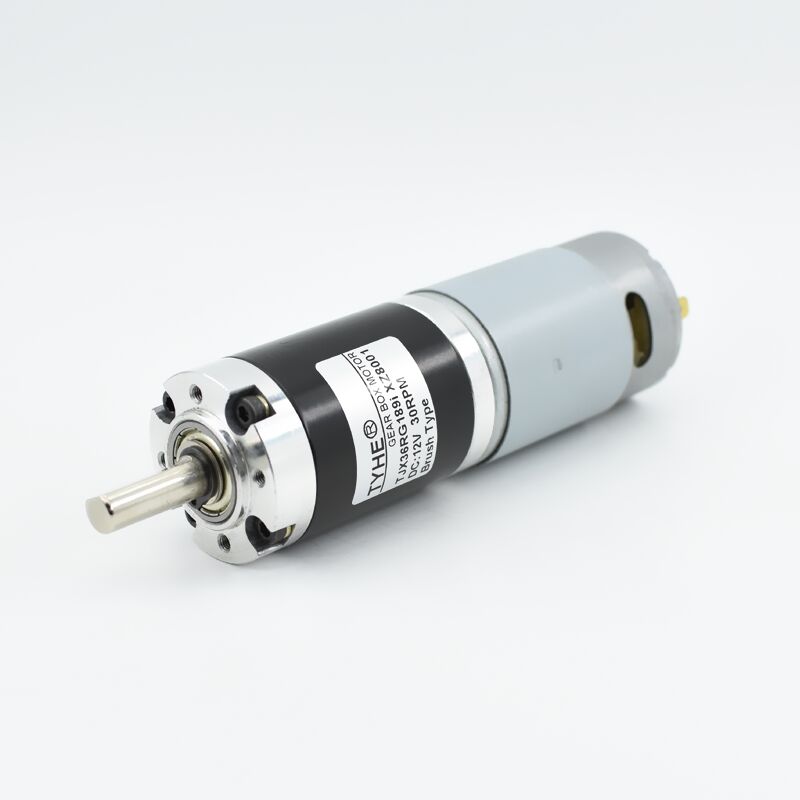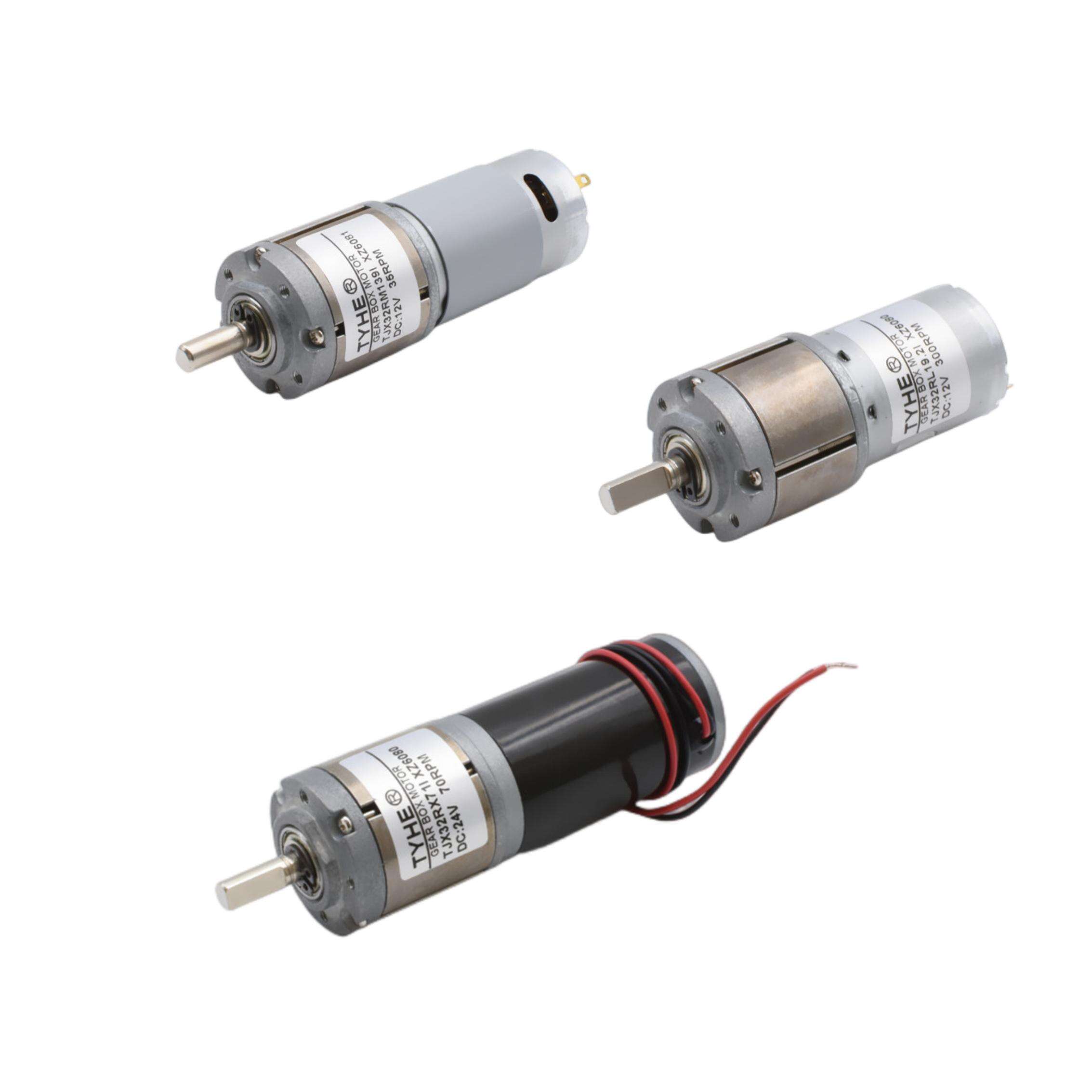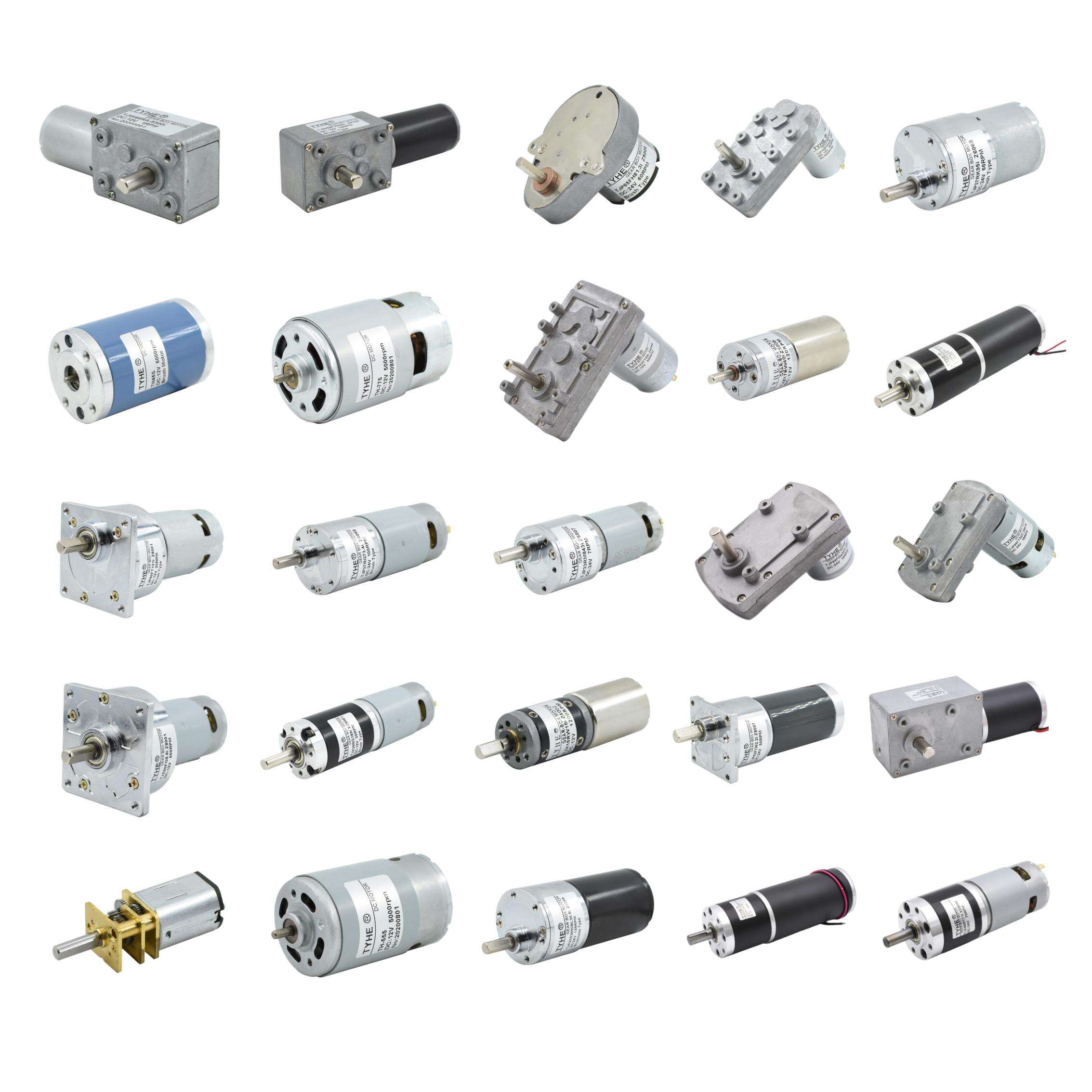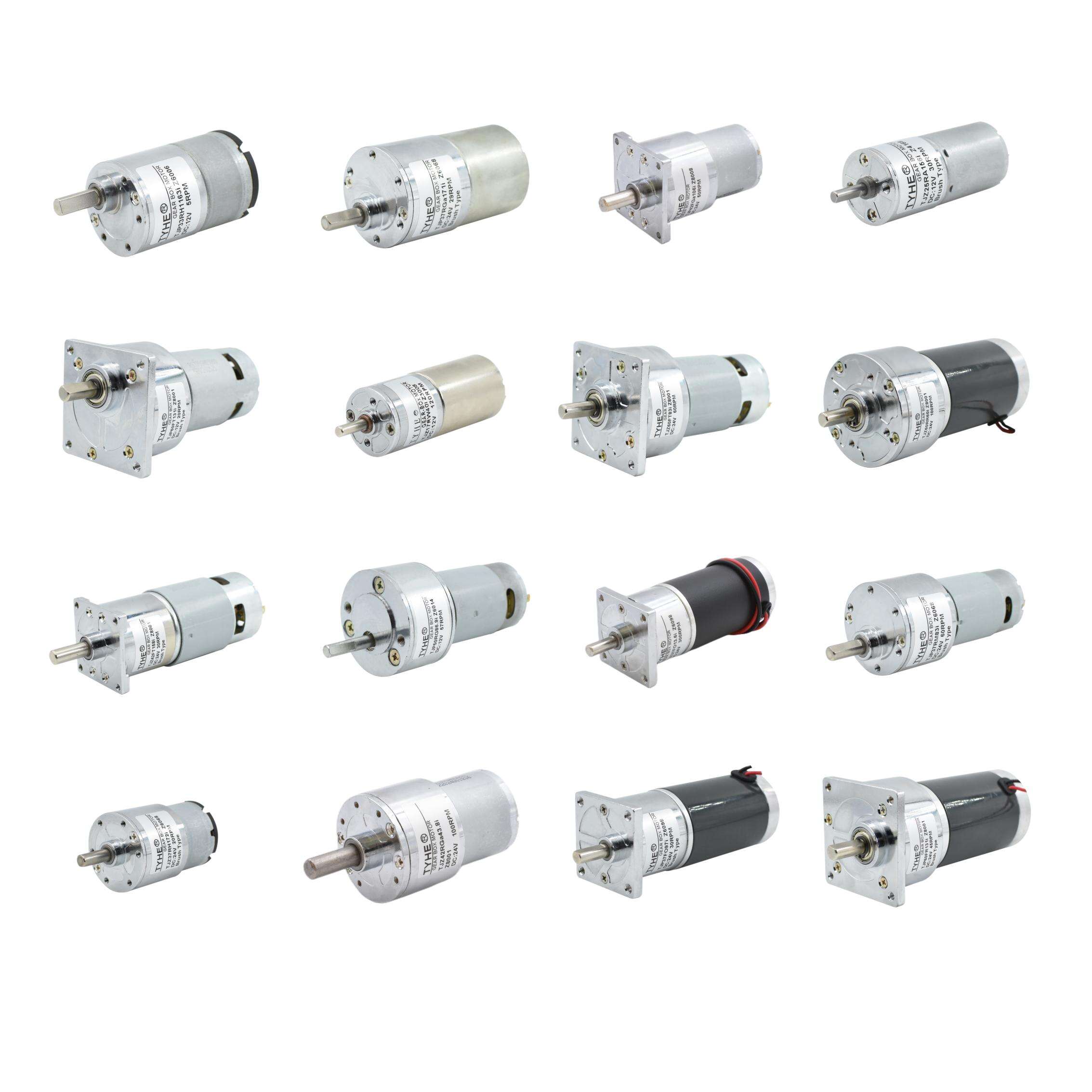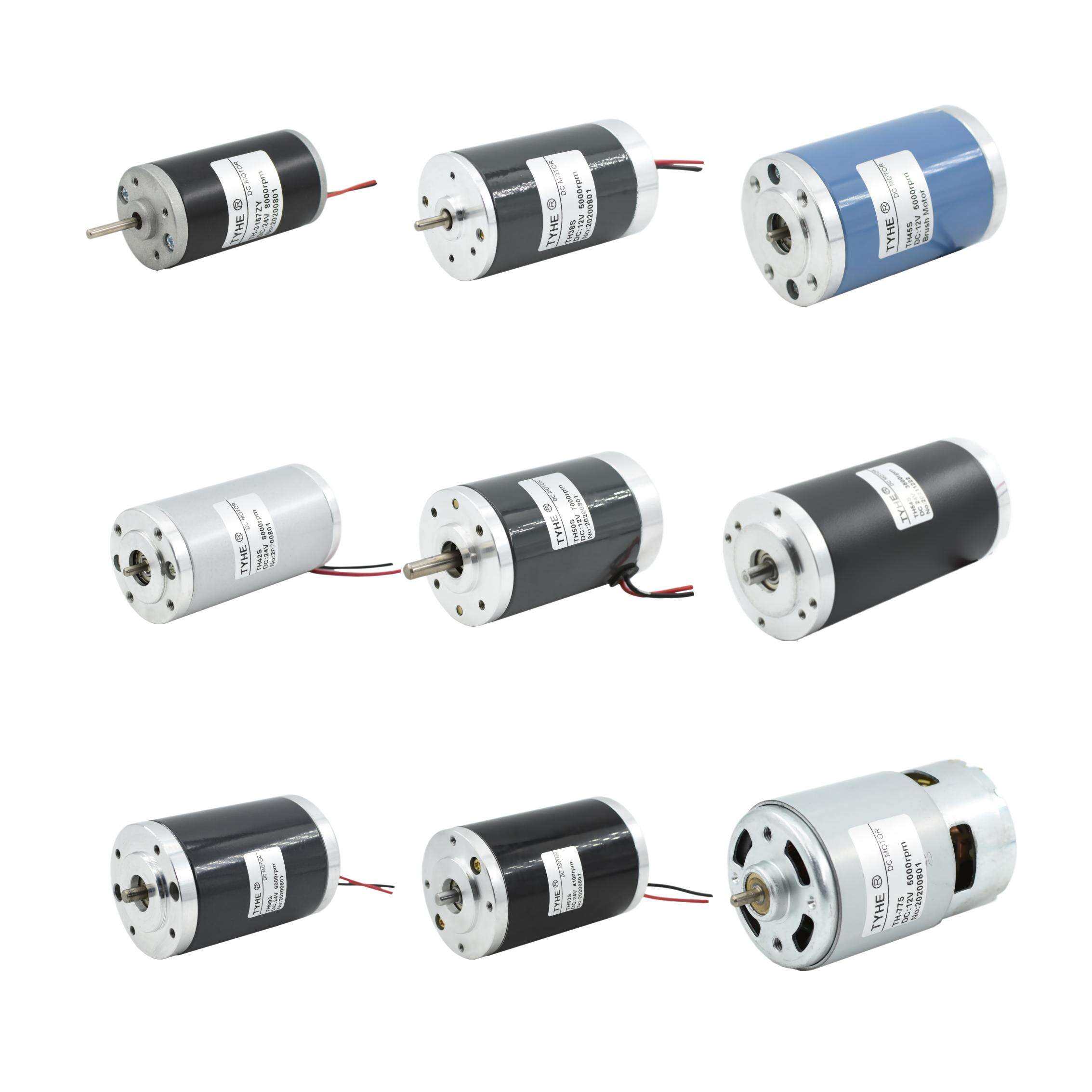small dc motor projects
Small dc motor projects represent an innovative collection of compact, versatile power solutions designed to meet diverse automation and control requirements across multiple industries. These sophisticated engineering solutions combine precision manufacturing with advanced electromagnetic technology to deliver reliable, efficient motor systems that excel in space-constrained applications. The main functions of small dc motor projects encompass precise speed control, torque regulation, and directional management, making them ideal for applications requiring accurate positioning and smooth operation. These motors typically feature brushed or brushless configurations, with permanent magnet construction that ensures consistent performance and extended operational life. The technological features of small dc motor projects include integrated encoder systems for position feedback, variable speed controllers, and compact gearbox assemblies that enhance torque multiplication while maintaining minimal footprint requirements. Advanced thermal management systems prevent overheating during continuous operation, while sophisticated electronic speed controllers enable seamless integration with modern automation systems. The applications for small dc motor projects span numerous sectors including robotics, medical devices, automotive components, consumer electronics, and industrial automation equipment. In robotics applications, these motors provide precise joint articulation and gripper control, enabling sophisticated robotic movements and manipulation tasks. Medical device manufacturers utilize small dc motor projects in surgical instruments, diagnostic equipment, and patient monitoring systems where reliability and precision are paramount. The automotive industry incorporates these motors in power windows, seat adjustments, mirror positioning, and various comfort and convenience features. Consumer electronics benefit from small dc motor projects in camera lens systems, gaming controllers, and portable device mechanisms. Industrial automation relies on these motors for conveyor systems, packaging machinery, and quality control equipment where consistent performance and long-term reliability are essential operational requirements.

